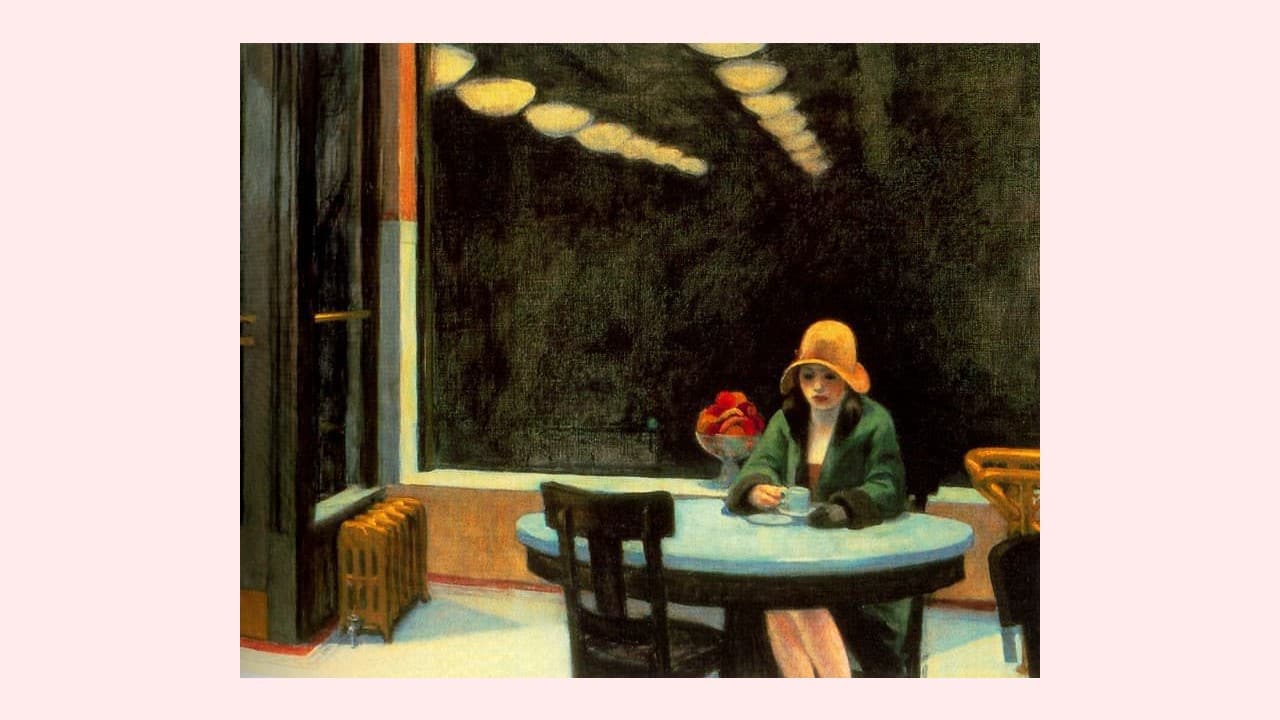
Story continues below Advertisement
There are no immigrants in Whereabouts, Jhumpa Lahiri’s new novel, yet it is suffused with familiar themes of alienation and assimilation. Above all, it is about the experience of loneliness. At one point, the unnamed narrator says: “Solitude: it’s become my trade. As it requires a certain discipline, it’s a condition I try to perfect.”
The novel, published in Italian as Dove Mi Trovo and now translated into English by the author, deals with incidents in the life of a middle-aged Italian professor in a city that remains nameless, but appears to be Rome. She lives alone, occasionally meets friends, and, as she says when she goes for a swim: “in that container of clear water lacking life or current I see the same people with whom, for whatever reason, I feel a connection.”
Story continues below Advertisement
Notably, the book’s structure is entirely episodic, each occurrence a few pages long. Their titles are unadorned and explanatory: “At the Piazza”, At the Coffee Bar”, “In the Waiting Room”, “In the Bookstore”. It’s like looking at a pinned series of postcards with reproductions of paintings by Edward Hopper.
When the narrator sits on her terrace amidst other tenants’ laundry to await the dawn, being “both ablaze with energy and sapped of it”, one thinks of Hopper’s portrayal of a woman in bed, bathed in the morning sun and looking out upon a lonely city. When she’s in a café, continuing to “leaf distractedly through the newspaper someone else has left behind”, one imagines the artist’s depiction of another lone woman staring into her coffee cup in a restaurant at night.
As Olivia Laing has written, Hopper’s images of solitary men and women in cafés, offices and hotel lobbies “remain the signature images of isolation in the city.” No wonder his work was so widely shared online during the first lockdown last year.
Story continues below Advertisement
Why is Lahiri’s narrator in this condition, though? This is not brought to the surface, which is another distinguishing feature of Whereabouts. On the face of it, it’s plotless. The narrator meets an ex-lover; she visits a favourite trattoria; she gets her nails done; she goes on an excursion with friends and their children; she meets her mother. Her abiding partner in these activities is a deep sense of solitude.
She is skilled at noticing, describing “the green of the trees, the first peaches in the market”, and the way there’s “a dash of elegance to how people are dressed: the bold shade of a jacket, a bright scarf, the tight lines of a dress.” Her observations of others and speculations about their lives can sometimes make the novel read like a story about a person told in the form of stories about other people.
Such accounts of surroundings and their inhabitants are separate from, yet near to them. This also is the predicament of being familiar with a language, but not intimate with it. In her earlier In Other Words, Lahiri describes an early experience of overhearing people converse in Italian by saying: “I feel a connection and at the same time a detachment. A closeness and at the same time a distance.”
Story continues below Advertisement
Despite the apparent absence of forward motion, Whereabouts is vivid and absorbing. Throughout, there’s a unifying presence moving through shifting seasons and backdrops. There are also moments when the narrator thinks of her past, which reveal how it has affected the present as well as her feelings about the future.
She had a close relationship with her deceased father, a vexed and continuing association with her mother, and regrets the absence of youthful rebellion. At other times, she feels that we are unable to “escape the shadows our families cast.” Still, “something’s telling me to push past the barrier of my life, just like the dog that pulled me along the paths of the villa.”
The sentences of Whereabouts, so very different from those of Lahiri’s earlier work in English, match the mood of restraint. They’re largely short and declarative, occasionally using comma splices for their rhythms: “He’s a good man, he loves my friend and their children”; “I’m here to earn a living, my heart’s not in it.” They can also capture the pleasures of precise observation. At a stationery shop, for example, the narrator tries out “the inks of various pens on a piece of paper trampled by countless unknown signatures and urgent, agitated scribbles.”
In Open City, another novel about a solitary wayfarer, Teju Cole writes that we experience life as a continuity, and “only after it falls away, after it becomes the past, do we see its discontinuities.” In Whereabouts, Jhumpa Lahiri displays such discontinuities in enclosed frames of experience to create the narrative of a life that is continuous, if constrained.
Discover the latest business news, Sensex, and Nifty updates. Obtain Personal Finance insights, tax queries, and expert opinions on Moneycontrol or download the Moneycontrol App to stay updated!




